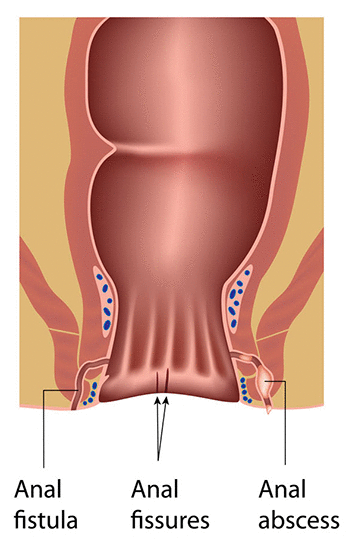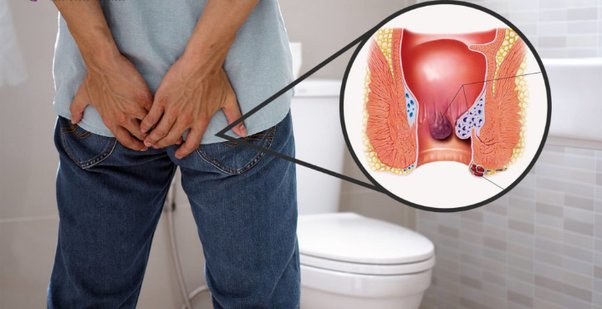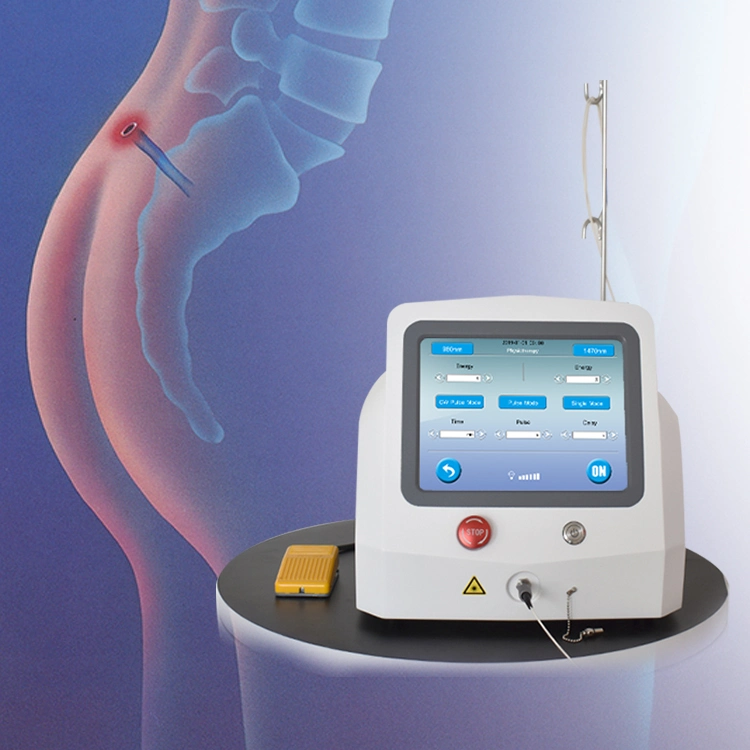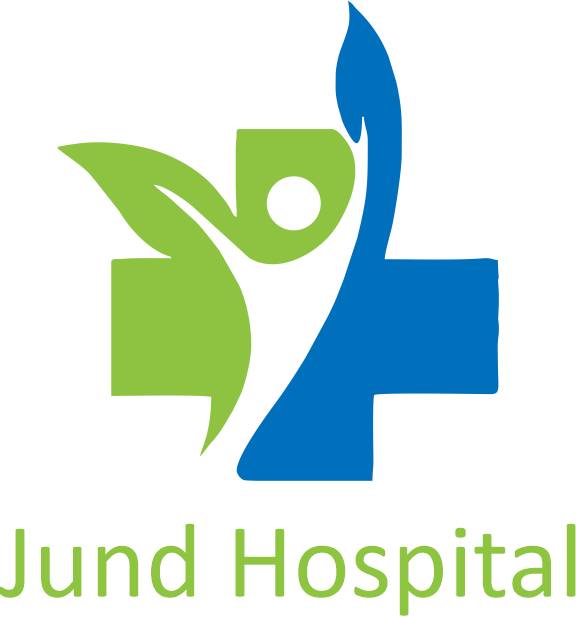Fissure Treatment
An anal fissure, commonly referred to as a fissure, is a minor tear in the delicate and moist lining of the anus. The anus, located at the end of the digestive tract, is a muscular opening through which stool exits the body. This condition is widespread, affecting a significant number of people globally. Common triggers for anal fissures include constipation, straining during bowel movements, or the passage of hard or large stools.
Typically, the distinctive symptoms of anal fissures involve pain and bleeding during bowel movements, often accompanied by spasms in the circular muscle surrounding the anus, known as the anal sphincter. While anal fissures are commonly encountered in young infants, individuals of all ages can be affected. Fortunately, most cases of anal fissures respond well to simple treatments like increased dietary fiber or therapeutic warm-water baths. For those seeking fissure treatment in Chandigarh, there are effective and advanced options available.
In some cases, individuals with anal fissures may need medication or, in rare circumstances, surgical intervention.

What is Fistula?
A fistula is an abnormal connection between two organs or vessels that are not naturally connected, such as between the intestine and the skin or between the vagina and the rectum.
In the case of an anal fistula, also known as Bhagandar, an opening forms around the anal canal. Through this opening, discharge occurs, and the patient experiences intense pain. When proper treatment is not provided, recurrent discharge can lead to a complex health issue, eventually forming an abscess. If left untreated, fistula-related problems can become even more complicated, potentially leading to conditions such as cancer and tuberculosis of the intestines. However, with the prevalence of modern video-assisted anal fistula treatments, relief for individuals suffering from fistula has become significantly more accessible.
Types And Symptoms of Anal Fissure
Anal fissures are generally classified into two types:
1. Acute - A tear or opening on the surface of the skin is referred to as an acute fissure.
2. Chronic - If a tear or opening on the skin surface does not heal over time, it develops into a chronic fissure.
Symptoms of Anal Fissure:
Symptoms and signs of anal fissures may include:
1. Pain during bowel movements, sometimes severe.
2. Persistent pain after bowel movements that can last for several hours.
3. Deep red coloration on the stool after a bowel movement.
4. Itching or burning sensation around the anus.
5. A visible crack or tear in the skin around the anus.
6. Presence of a lump or skin tag near the anal fissure.

A Comprehensive Approach to Fissure Recovery
Most acute anal fissures can be treated within 4 to 6 weeks with proper care. The pain experienced during bowel movements typically improves a few days after starting treatment.
Here are some steps to help alleviate symptoms and heal the fissure:
1. Make an effort to prevent constipation. Include fruits, vegetables, whole grains, and legumes in your daily diet as they are high in fiber.
2. Stay well-hydrated by consuming an adequate amount of fluids daily.
3. Engage in regular exercise.
4. Take fiber supplements if needed.
5. Establish a consistent time for daily bowel movements, allowing sufficient time and avoiding straining.
6. Use stool softeners or laxatives to soften the stool and reduce pain during bowel movements. Consult your doctor regarding the appropriate duration for using laxatives.
7. Take sitz baths by adding warm water to a tub and sitting in it for about 20 minutes, 2 or 3 times a day. Sitz baths help alleviate pain in the affected area and provide relaxation to the internal sphincter. This process, also known as a sitz bath, aids in soothing damaged tissues and promoting healing. Ensure that only the buttocks and anal area are immersed in the water during a sitz bath.
8. Inquire with your doctor about the use of over-the-counter creams such as zinc oxide or 1% hydrocortisone, which may be available without a prescription, for a limited duration.
Always consult with your doctor before starting any treatment to ensure it is appropriate for your specific condition.
To maintain digestive and intestinal health, here are all the good practices that help prevent constipation. It is essential to gently wipe the anus after bowel movements.
When the urge to use the bathroom is felt, it should not be ignored. This is because not emptying the bowels can later lead to constipation. This happens because the stool accumulating in the intestines becomes hardened, causing pain and creating fissures (tears) in the anus during passage.
Prevention of Anal Fissure
You can reduce the risk of developing an anal fissure by managing constipation. If you have previously experienced a fissure, it is crucial to address constipation.
Here are some ways to prevent constipation:
1. Maintain a balanced diet that includes a good amount of fiber, fruits, and vegetables.
2. Stay adequately hydrated by consuming a sufficient amount of fluids.
3. Engage in regular exercise.
4. Consume alcoholic and caffeinated beverages (tea and coffee) in moderation.
5. Adopt healthy habits to maintain digestive and intestinal health, which aids in preventing constipation. It is important to gently wipe the anus after bowel movements.
When you feel the urge to use the bathroom, do not ignore it. Failing to empty the bowels can lead to constipation later on. This is because accumulated stool in the intestines can become hardened, causing pain and creating fissures (tears) in the anus during passage.
Avoid sitting on the toilet for an extended period and refrain from straining. Prolonged sitting can increase pressure in the anal canal. If you have any other health issues that may increase the risk of developing a fissure, discuss them with your doctor. They will provide guidance on managing the condition and reducing the risks associated with anal fissures.

